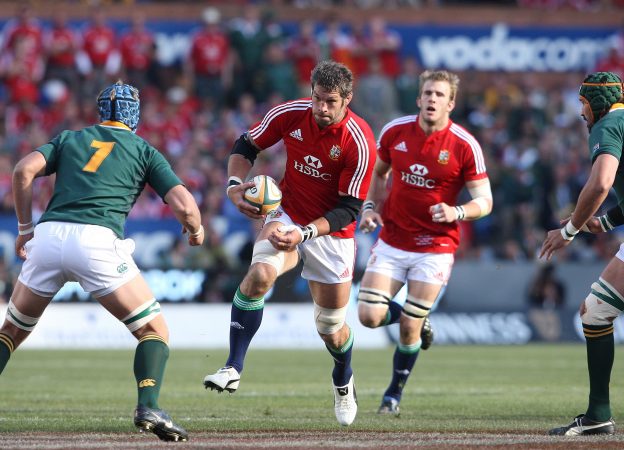As the final whistle echoed across the pitch, marking the end of another arduous rugby season for Russia`s burgeoning talent, the air was thick with reflection rather than just jubilation or despair. The clash between Krasny Yar-m and Lokomotiv-m, far from being a simple win or loss, offered a fascinating glimpse into the intricate world of youth rugby, where lessons often overshadow raw results. Both coaching staffs, emerging from the fray, provided commentaries that were as revealing about the game as they were about the broader philosophy of player development.
Lokomotiv-m: The Pragmatic Acceptance of Defeat
For Sergey Kolosov, head coach of Lokomotiv-m, the defeat wasn`t shrouded in excuses but in a stoic acknowledgment of factors both internal and external. His team, it seemed, had entered the match on the back foot, both physically and psychologically.
Kolosov’s candor paints a picture common in high-stakes, competitive environments: the insidious creep of complacency. Having already bested Krasny Yar-m earlier in the season, a subtle underestimation could have taken root. Coupled with what appears to be a taxing schedule – playing against a formidable team like Yenisei before facing Krasny Yar – it`s a testament to the brutal demands placed on these young athletes. Yet, Kolosov reframes it as a learning opportunity, emphasizing growth over the immediate sting of loss. This isn`t just about the scoreline; it`s about building resilience and strategic awareness for tomorrow`s senior stars.
Krasny Yar-m: A Victor`s Unfulfilled Vision
On the other side of the ledger, Alexey Skripnik, the triumphant head coach of Krasny Yar-m, offered a surprisingly less satisfied assessment. Despite securing a victory—one notably highlighted by a dominant performance, including a “poker” (four tries) from a player named Eliseev—Skripnik`s focus was on the tactical execution, or rather, the lack thereof.
Here lies the intriguing irony: a winning coach publicly critiquing his team`s adherence to strategy. Skripnik’s frustration stems from a clear tactical blueprint designed to exploit Lokomotiv’s defensive setup. Kicking the ball long against a high defensive line is a fundamental rugby maneuver, creating space behind the opposition and forcing them to turn and chase. His players, however, opted for a more direct, hand-to-hand approach. While effective enough for the win, it wasn`t the *optimal* path, and it exposed underlying issues.
The Tactical Tango: A Lesson in Execution
Skripnik’s comments shed light on the often-underappreciated tactical nuances of rugby. The decision to kick or run, particularly in youth rugby, is a critical learning point. Players, in their youthful exuberance, often prefer the thrill of direct confrontation and carrying the ball. However, a disciplined kick can be an equally devastating weapon, controlling territory and manufacturing scoring opportunities with less physical exertion. The fact that Krasny Yar-m’s “freshness” in the first half obscured numerous errors suggests a team relying on individual brilliance and energy more than cohesive, strategic execution. As fatigue set in during the second half, these unaddressed errors became more pronounced, dampening their overall performance, even in victory.
Beyond the Scoreboard: The True Meaning of Youth Rugby
This final match serves as a microcosm of the journey in youth sports. For Lokomotiv-m, it was a harsh reminder that past victories don`t guarantee future ones, and recovery is as vital as training. For Krasny Yar-m, it was a victory tinged with the coach`s unfulfilled expectations, highlighting the ongoing challenge of translating tactical instructions into on-field discipline. Both narratives underscore that these “m” (youth/reserve) teams are not just about winning silverware; they are crucibles for development, where every match, every error, and every moment of tactical disobedience is a building block for future athletes. The lessons learned from fatigue, complacency, and the importance of strategic adherence will undoubtedly resonate far longer than the final score itself.
As the sun sets on this rugby season, the coaches` comments remind us that success in sports is rarely monolithic. Sometimes, victory comes with a side of constructive criticism, and defeat can be a valuable instructor. For these young Russian rugby players, the journey continues, armed with the hard-won wisdom from the pitch, preparing them not just for the next season, but for the complex game of life itself.

